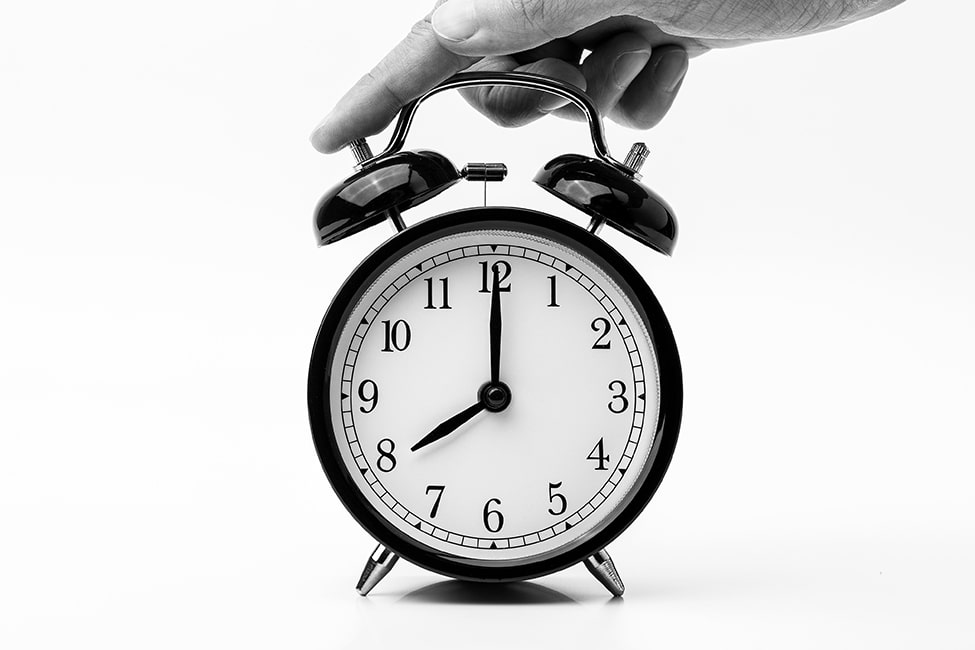We all know that working isn’t what it used to be. Colleagues have been replaced with furry friends, and face to face conference meetings with home-office dial-ins. While some have positively adjusted to a telecommuting lifestyle, others have seen the change come with significant challenges.
From overworking to not being able to separate work from home life, remote work brings employees a significant amount of stress to an already stressful climate. Consequences of stress include a disruption in daily routines, lack of sleep and a toll on our physical and mental health.
More than one in five Americans are sleeping worse than before the pandemic due to stress as many aren’t able to create boundaries between work and rest time. A good night’s sleep seriously boosts productivity, so instead of drinking more coffee to hit your deadlines, consider revamping the way you approach sleep.
Studies show that in order for adults to get an adequate quality of sleep, they also need to maintain consistent sleep routines. “Bedtime routines” aren’t only for children and can be optimized by the working professional to achieve better sleep.
Consider trying the following rituals to help you unwind after work and prepare for sleep.
Set an “End” to the Day
Working from home can make it easy to work around the clock. If you work closely to where you sleep, it might feel difficult to shut things down and get some shut-eye yourself. Three to four hours before bedtime, set an artificial “end” to the day. This could mean setting an alarm or appointment with a family member to do simple chores like cooking dinner, composting or gardening. Whatever forces you to stop working and stimulate your brain in a relaxing way is key for winding down.
Create a Next Day To-Do List
Anxious thoughts from work can keep us awake all night. To silence stress, create a next day to-do list before you go to bed. This will help unpack all the obligations in your head and organize them into a list to conquer the next morning.
Try Night Journaling
Journaling before bed is a great way to relieve stress before you go to sleep. Night journaling helps you “name your problems” giving you clarity about them so that they don’t rear their heads at night.
Put Your Phone on “Do Not Disturb”
Not only can having your phone keep your mind buzzing, but it can also have an impact on waking up your body by increasing your heart rate. Put your phone on the “Do Not Disturb” setting so email notifications and texts don’t keep your mind running.
Meditate For Sleep
Meditation before you sleep can help tell your mind and body that it’s time to shut down. Meditation also helps you break the train of your everyday thoughts to evoke the relaxation response, using whatever technique feels right to you.
For more ideas explore Tommy John’s visual below on how to relax before bed. They’ve even broken down their tips by the hour to help you successfully incorporate them into your work and rest schedule.










